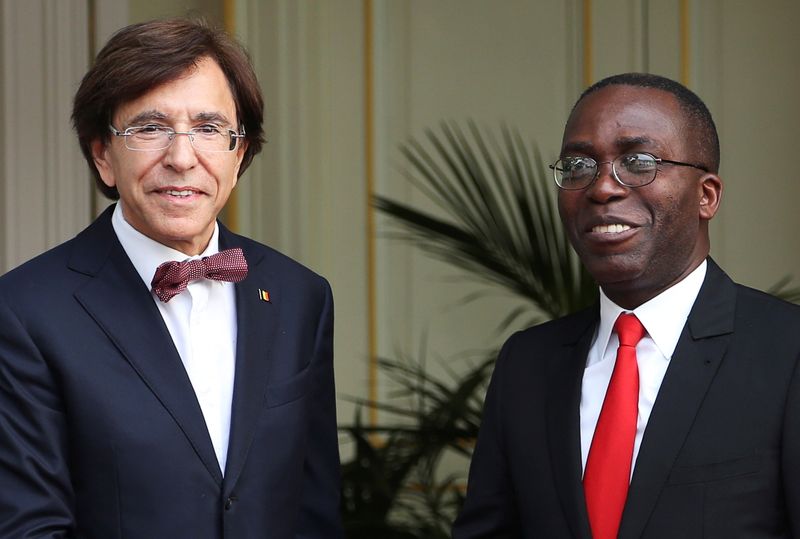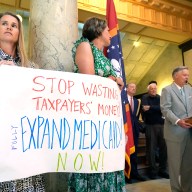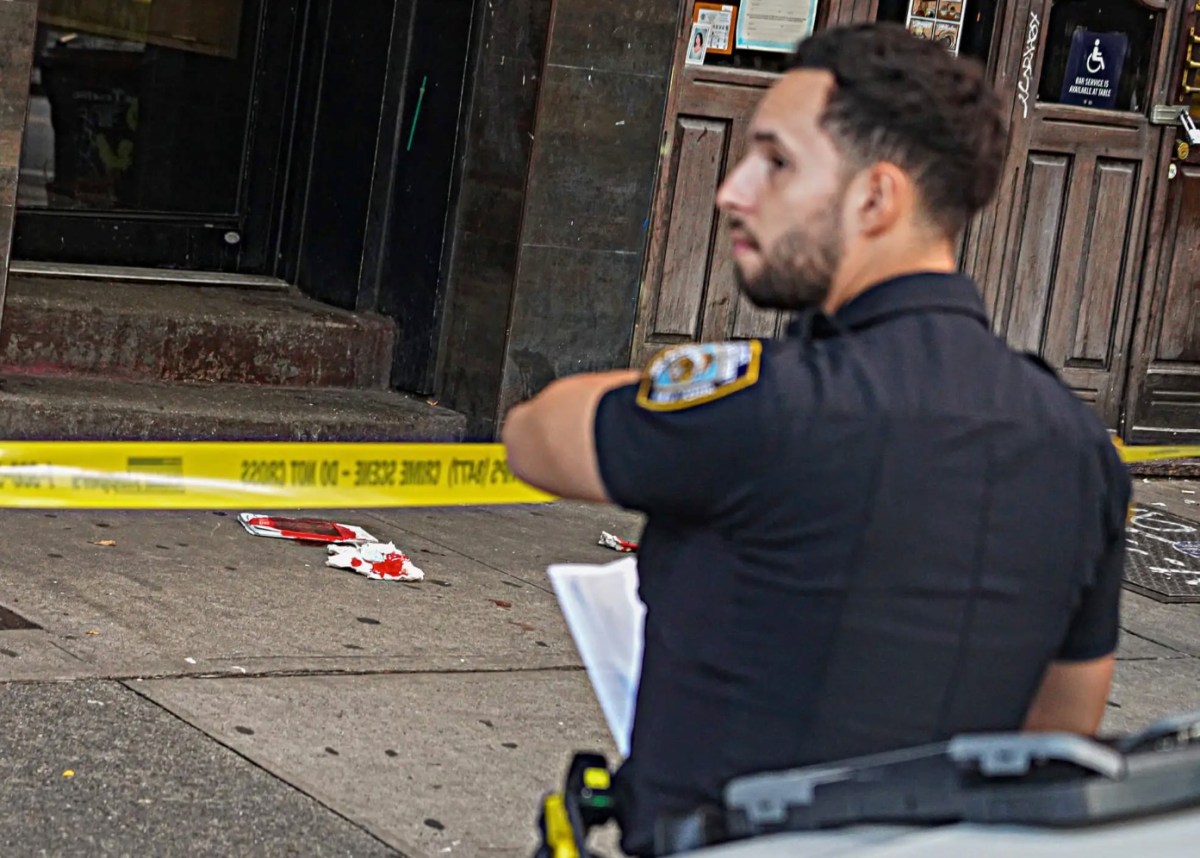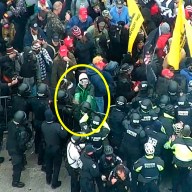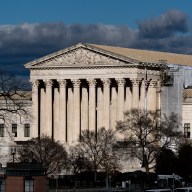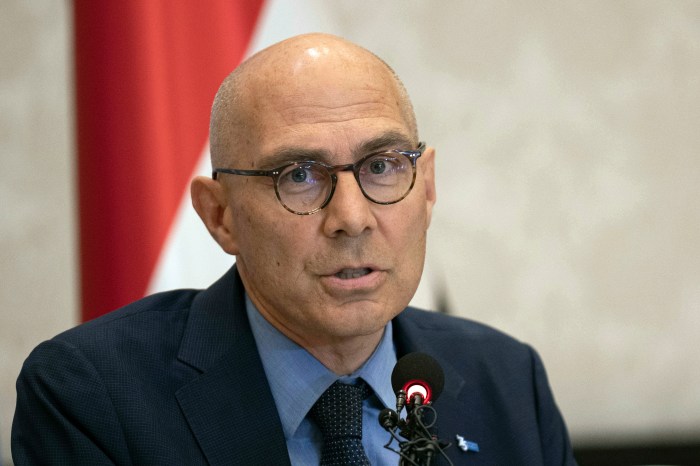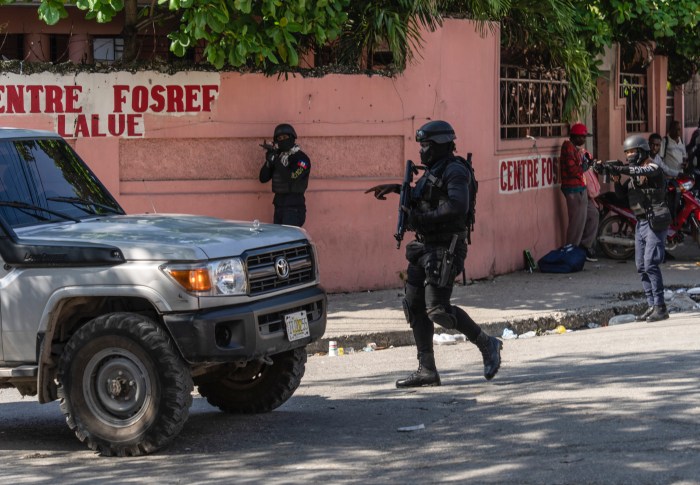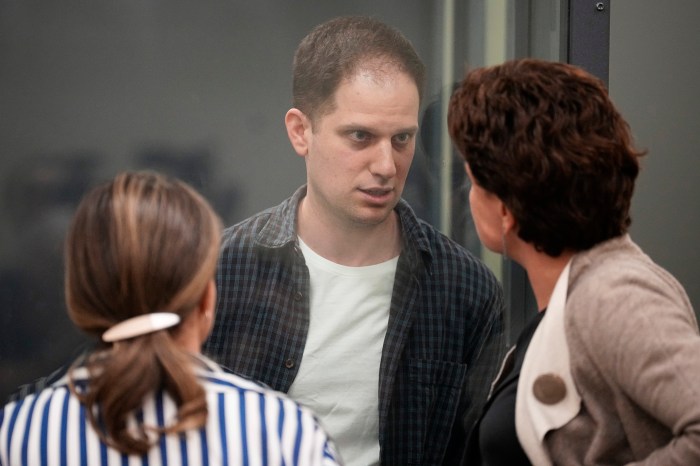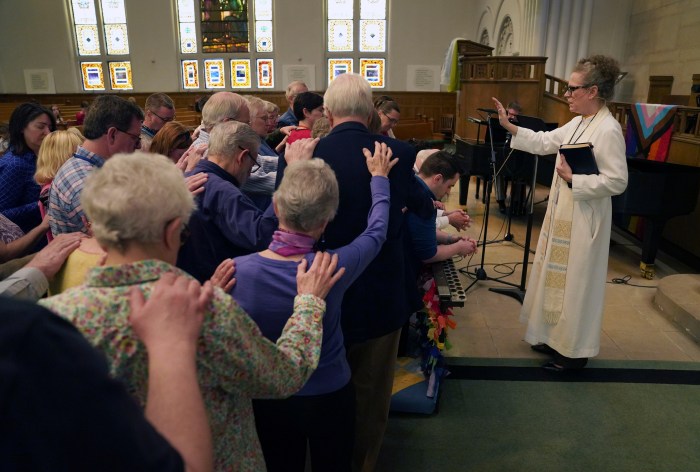KINSHASA (Reuters) – Democratic Republic of Congo’s highest court on Monday ruled it was not competent to try former Prime Minister Matata Ponyo Mapon over the alleged misappropriation of $200 million in government funds meant for an agriculture project.
A lawyer for Matata, who denies any wrongdoing, said he considered the case closed, although prosecutors could try to pursue it before a different court. Prosecutors could not be immediately reached for comment.
The prosecution alleged more than $200 million went missing from the Bukanga Lonzo project. The government touted the venture, one of Africa’s largest ever agricultural investments, as an answer to chronic food shortages when it was launched in 2014.
Production ceased when the South African company operating it left Congo in 2017, saying it had not been paid in months.
Prosecutors had argued that the constitutional court should hear the case because it is responsible for trying allegations that involve presidents and prime ministers.
However, Congo’s constitutional court dismissed the case, saying in a ruling that its jurisdiction only covered sitting, not former, prime ministers.
“There is no law that identifies the judge of acts that are done by a prime minister when he is no longer in office. There is a legal vacuum. This is what the constitutional court found,” Matata’s lawyer, Laurent Onyemba, told Reuters.
“The case, for us, is closed,” he said.
The ruling also applies to Matata’s two co-defendants, former government official Patrice Kitebi and Christo Grobler, the head of the South African operator, Africom Commodities.
Grobler’s lawyer, Jacquemain Shabani, said he was satisfied with the court’s decision but was waiting to see if prosecutors would take the case to a different court.
(Reporting by Stanis Bujakera; writing by Hereward Holland; Editing by Aaron Ross, William Maclean)

